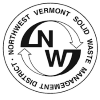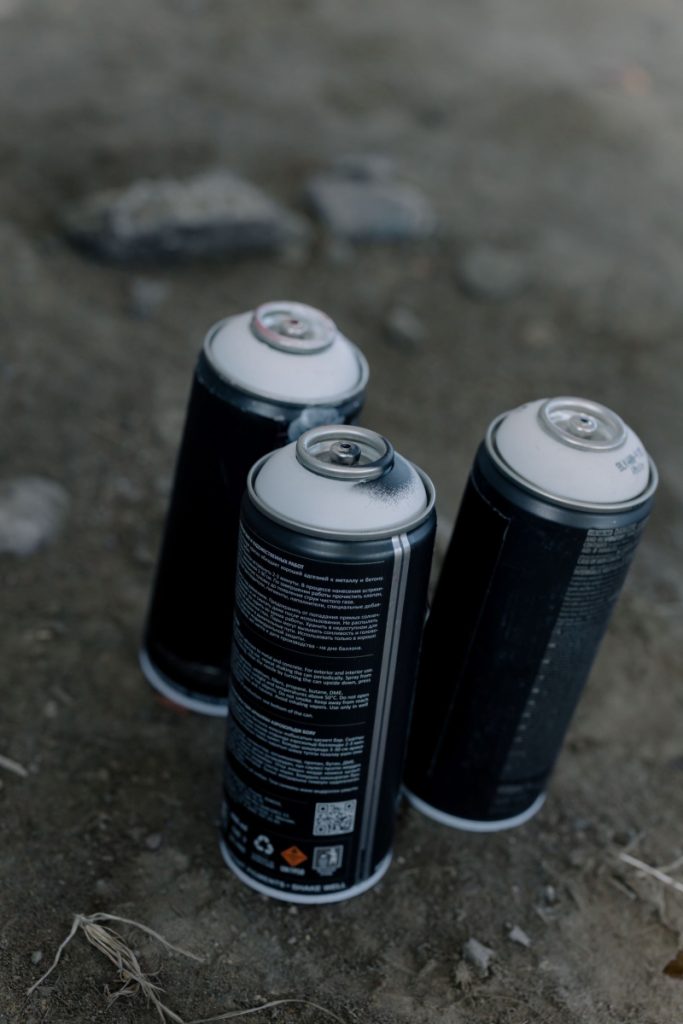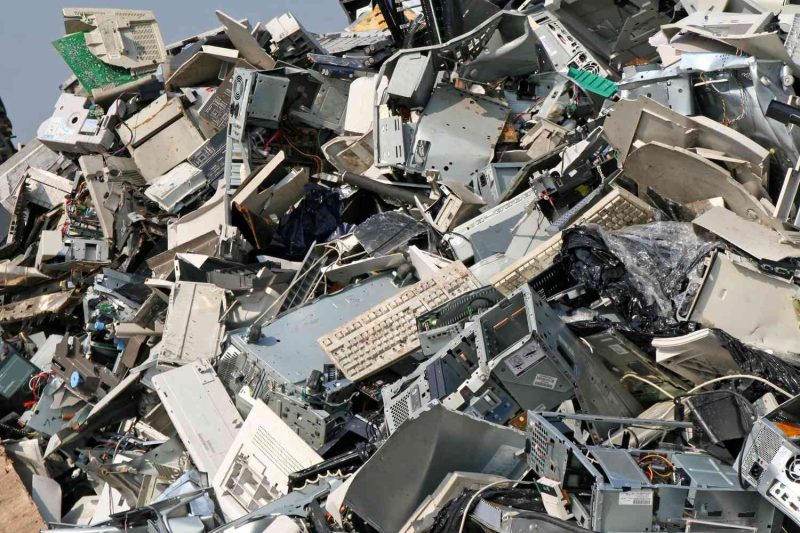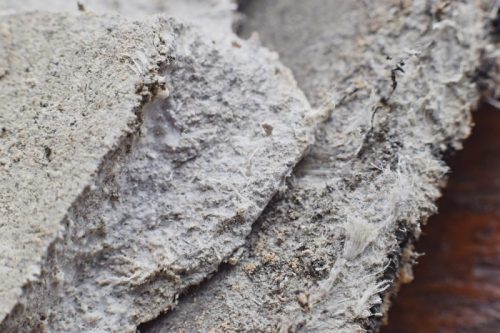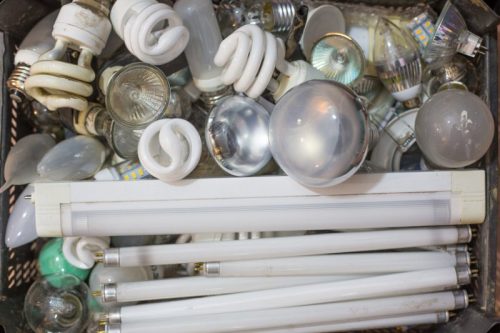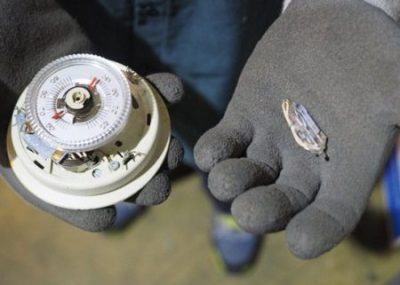Fluorescent bulbs are an increasingly popular way to reduce energy consumption. They last longer than incandescent bulbs and work more efficiently. Unfortunately, they also contain mercury, a material which can cause damage to the liver, brain and kidneys, as well as developmental problems in children. Once in the environment, mercury can form a more dangerous compound, methyl mercury, which accumulates in living tissues.
By simply following a few safety precautions, it is possible to enjoy the energy savings of fluorescent bulbs safely:
Do not break or crush used lamps. This releases mercury into the environment. The state of Vermont has compiled instructions for the safe handling of broken bulbs.
Package lamps carefully when transporting. The best way to transport lamps is in their original packaging. If that is not possible, do not tape the bulbs together. If you have a large number of bulbs, the District may be able to provide you with boxes for safe transport.
Do not throw bulbs in the trash. It is illegal to dispose of mercury in Vermont landfills.
Bring them to NWSWD. The District accepts most bulbs at all drop-off sites. There may be a small fee depending on bulb type. Please call ahead for large loads.
Bring them to an Ace or True Value hardware store. Ace and True Value stores will accept up to six bulbs per visit free of charge. The following stores in Franklin County will accept bulbs:
Enosburg: Greens Ace Hardware, 6 Railroad Street (802) 933-7500
Enosburg: Sticks and Stuff, Route 105 (802) 933-5011
St. Albans: St. Albans Ace Hardware, 133 North Main Street (802) 527-7007
St. Albans: Sticks and Stuff, 44 Lower Newton Road (802) 524-2136
Swanton: Swanton Lumber, 11 North River Road (802)868-3355
